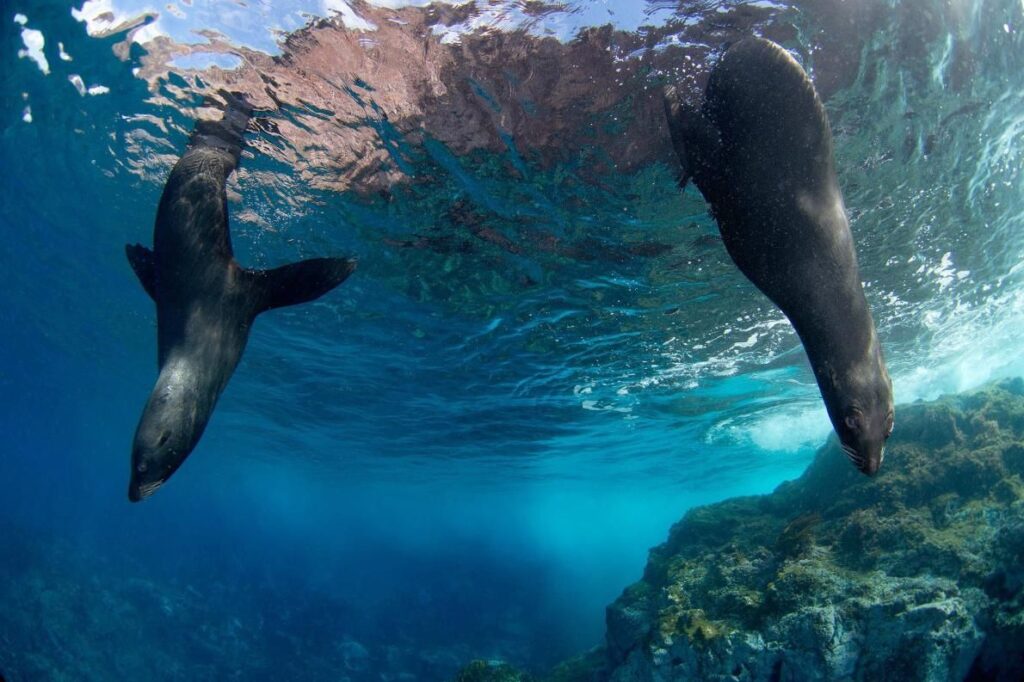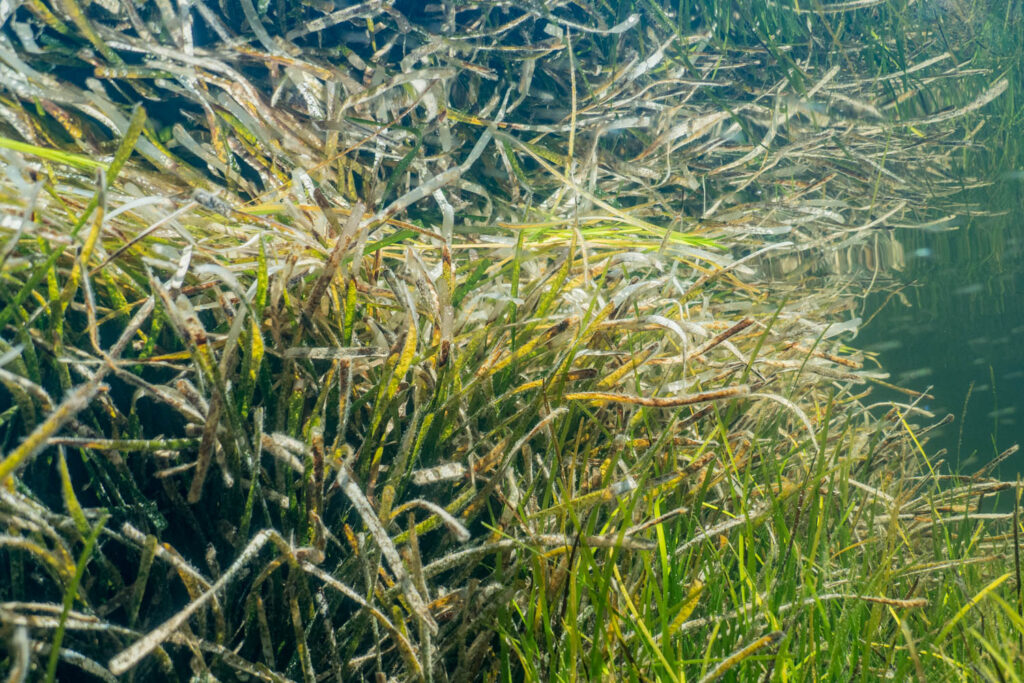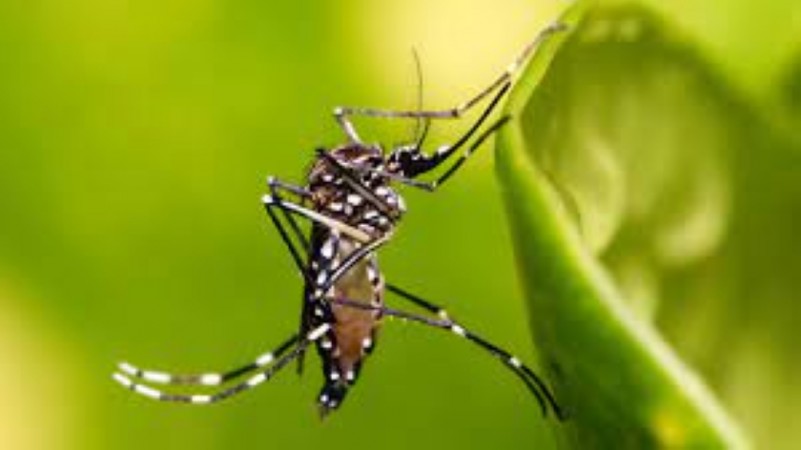Life began in the oceans. Oceans cover most of the Earth’s surface and are the largest ecosystem on the planet. Billions of humans live in coastal areas and depend on the functioning of that ecosystem to live. Unfortunately, human activities are seriously endangering the health of the marine ecosystem. Therefore, it is essential to make known the richness of this ecosystem, its importance, the challenges it faces and what we, as citizens of the world, can do to improve and preserve it through our personal choices and attitudes. With the proposal of MCSA Researchers Night Ocean Night we intend to contribute to this challenge by increasing literacy in marine sciences in the general population and promoting appreciation of the importance of the marine ecosystem. Our proposal is a collaboration between all the CSIC Institutes that work in marine sciences and aims to develop a comprehensive 2-year scientific dissemination program. We will take advantage of the previous scientific dissemination experience of the participating institutes to offer a diverse and coherent program of events aimed at involving a wide range of regions in Spain and a socially diverse public.
The Night of the Oceans (OCEAN NIGHT)
OCEAN NIGHT

Our proposal is a collaboration between all the CSIC Institutes that work in marine sciences and aims to develop a comprehensive scientific dissemination program about marine ecosystems, their importance, the threats they face and what we can do as citizens.
Atlantic Biodiversity Citizen science Climate change Conservation Desertification Ecosystem services Environment Global change Human impacts Indian Marine biology Marine ecology Marine ecosystems Mediterranean Ocean One health Overexploitation Plastics Pollution Restoration Science for policy Scientific dissemination Sea Solutions based on nature Theoretical ecology Training Transfer
General project information
Development period
Start
01/05/2022
End
30/04/2024
Department
Research areas and themes
Responsible researcher
Other researchers and involved staff
Funding entities

Institutions/collaborators

Social networks of the project
You may also be interested in
DengRIP is a community-centered project addressing dengue and other arboviral diseases in West Africa through improved mosquito surveillance, risk prediction, and vector control. It combines scientific research, citizen participation, and local capacity building to strengthen outbreak preparedness in urban areas such as Ouagadougou.
This project is being developed within the framework of an ICOOP grant (a CSIC Scientific Cooperation Program for Development), which aims to stimulate collaboration between CSIC research groups and international research groups in countries receiving Official Development Assistance through training, work, and specialization stays for research groups from participating entities.
Aquatic non-native species are spreading globally due to human activity, yet little is known about how these invasions occur and evolve. This pioneering project uses environmental DNA (eDNA) to study the phases of biological invasion in various aquatic ecosystems, aiming to better understand these processes and provide tools to tackle the biodiversity crisis.







